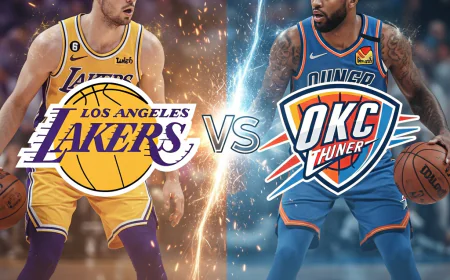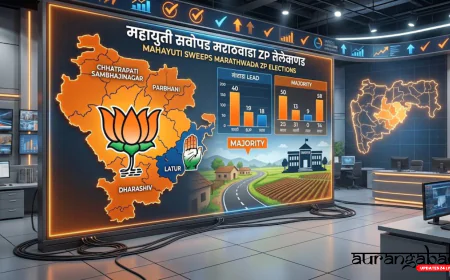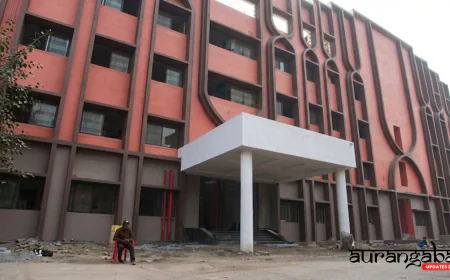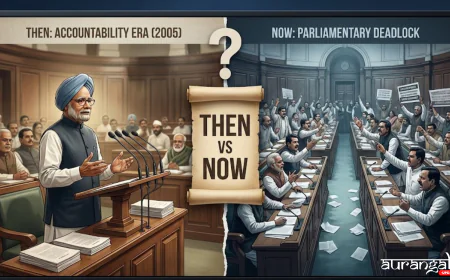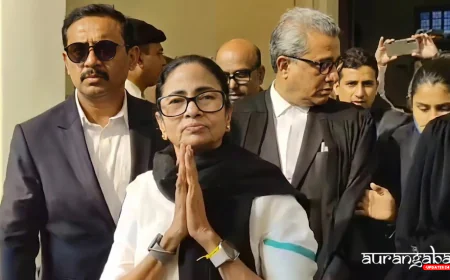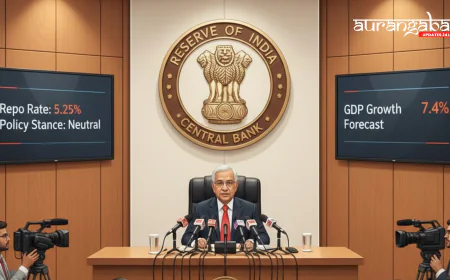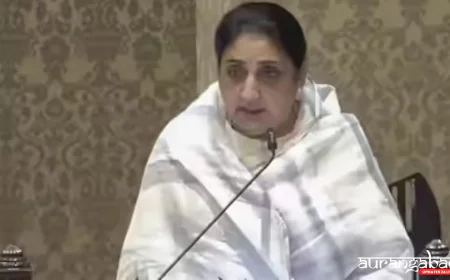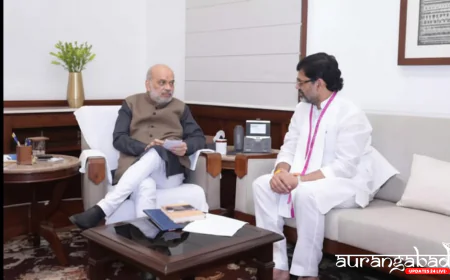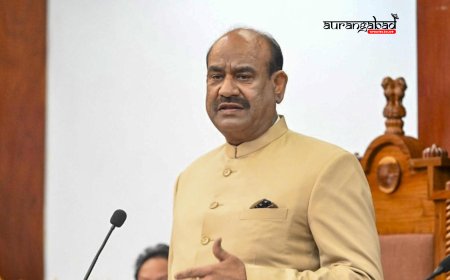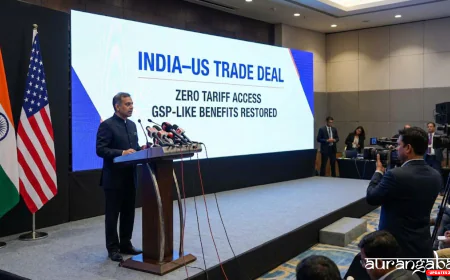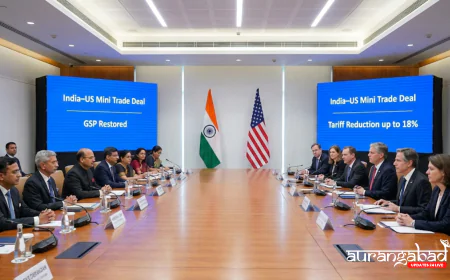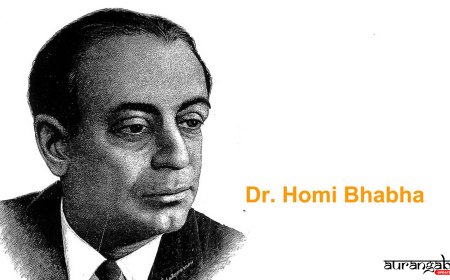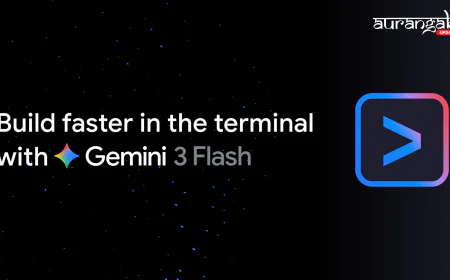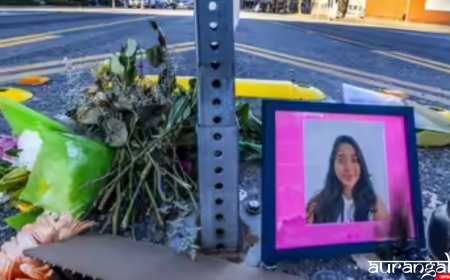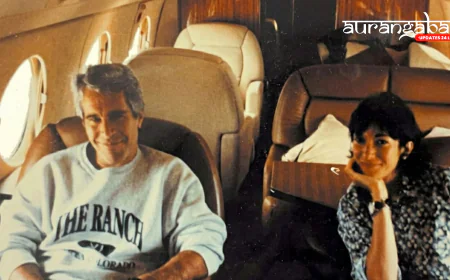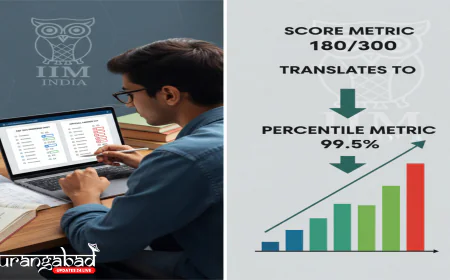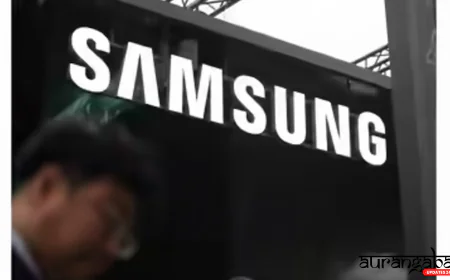A Neighborhood Divided: The Controversy Over Mark Zuckerberg's Palo Alto Real Estate
Mark Zuckerberg's extensive property acquisitions in Palo Alto have sparked concern among his neighbors. This article explores the community's frustration over years of construction, extensive security measures, and the perceived loss of a once-tight-knit neighborhood atmosphere. Learn how a billionaire's quest for privacy and expansion has transformed a historic area and ignited a debate over local zoning laws and the definition of community.

For decades, Palo Alto’s Crescent Park neighborhood has been synonymous with the quiet, residential charm of Silicon Valley. It was a place where academics, doctors, and tech pioneers like Steve Jobs could live a relatively normal life. However, the arrival of Meta CEO Mark Zuckerberg and his family has, according to some residents, irrevocably changed the neighborhood's character. His extensive real estate purchases and the subsequent long-term construction projects have created a divide, raising questions about privacy, community, and the influence of immense wealth on local life.
The controversy began when Zuckerberg, who already owned a property in the area, embarked on a quiet yet aggressive acquisition spree. Reports suggest he bought several surrounding homes after learning a developer planned to build a large house next door and market it as an opportunity to "live next to Mark Zuckerberg." The Facebook co-founder's goal was seemingly to create a private buffer zone around his main residence. This desire for privacy, however, has come at a cost to the very community he sought to join.
The primary source of neighbor frustration stems from the years-long construction projects on these properties. What began as a series of home purchases has evolved into a massive, sprawling compound. Building permits reveal plans for a vast 7,000-square-foot subterranean space, which locals have sarcastically dubbed a "bunker" or "bat cave." The constant noise from heavy machinery, the disruption of construction traffic, and the sheer scale of the project have frayed the nerves of longtime residents. Many feel that their quality of life has been diminished by what they perceive as a never-ending saga of development.
Furthermore, the extensive security measures implemented by Zuckerberg have added to the tension. The property is reportedly equipped with an advanced surveillance system that overlooks neighboring yards, creating a feeling of being constantly watched. While a billionaire's need for security is understandable, the neighbors have expressed discomfort with the lack of transparency and the feeling that their own privacy is being compromised in the process.
This situation has also sparked a debate about local laws and their enforcement. A local council member, Greer Stone, has publicly criticized Zuckerberg's approach, stating that the Meta CEO has been "finding loopholes around our local laws and zoning ordinances." This suggests a systemic issue where the regulations intended to protect the community from such large-scale disruptions may not be robust enough to withstand the resources of a determined billionaire. For a city that prides itself on being a hub of innovation and collaboration, the idea of becoming a "gated, gilded city on a hill where people don’t know their neighbors" is a genuine concern.
Residents of Crescent Park recall a time when the neighborhood was defined by a strong sense of community, with block parties and children playing freely in their gardens. Now, many feel that spirit has faded. As one neighbor, Kieschnick, noted, "Billionaires everywhere are used to just making their own rules. Zuckerberg and Chan are not unique — except that they're our neighbors." This sentiment highlights a broader theme of a power imbalance, where the desires of a single, immensely wealthy individual can override the collective wishes and established norms of a community.
Ultimately, the controversy in Palo Alto is a microcosm of a larger societal issue in Silicon Valley and beyond: the clash between unchecked wealth and the delicate fabric of a community. While Zuckerberg's right to privacy and property is undeniable, the extent of his actions has forced a community to confront the uncomfortable reality of what happens when one person's vision for their home fundamentally alters the character of an entire neighborhood. The question that remains is whether local governments can, and will, find a way to balance the interests of the ultra-wealthy with the needs of their communities, preserving the very essence of what makes a neighborhood a home.

